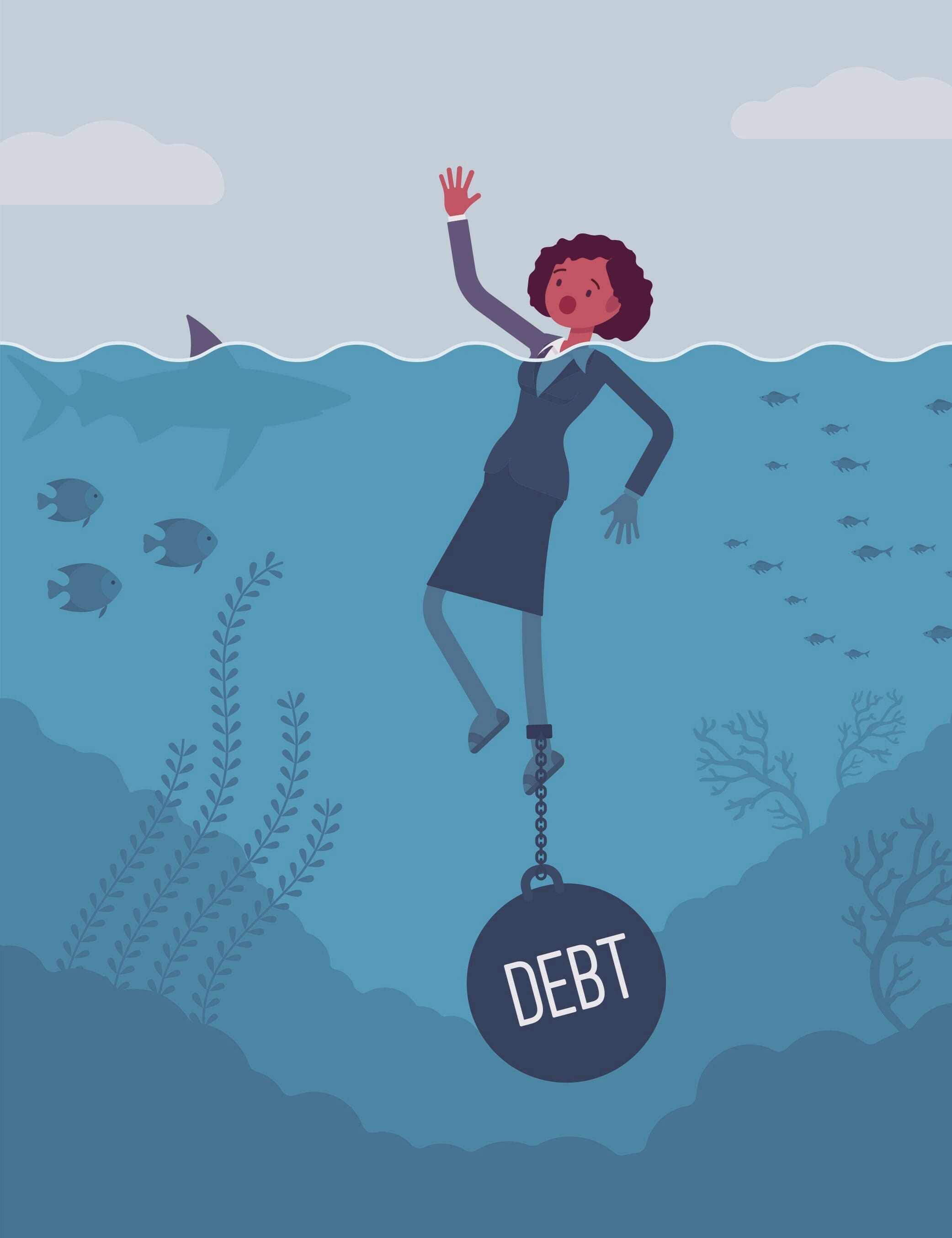As a personal financial counselor, I often meet with clients who find themselves in a spiral of debt and don’t know how to get out of it. The debt spiral is when someone takes on debt and then gets behind on their payments. After trying different tactics, with little success, the debt only increases. This spiral can be very frustrating and painful. To help a client rise above the debt spiral, I recommend following these three steps:
Step 1: Reduce lifestyle spending
This step will force your client to look at each expense and decide if the expense can be eliminated or reduced. Creating a spending plan is a great tool to get the process started. First, examine the variable expenses because these can be easily adjusted. For example, your client may choose to reduce the amount spent on dining out by cooking at home more often. Next, examine the fixed expenses that may require more time and effort. For example, your client may choose to replace their cable service with a streaming service that is much cheaper. This first step may require some sacrifices, but it is paramount to ending the debt spiral.
Step 2: Stop using credit
When your client stops using credit, it allows them to focus on paying down their debt while not incurring any new debt. Using credit while trying to get out of debt is not a good idea, and can often slow down the process. Let your client know this step is only temporary. Once all bad debt is eliminated your client can use credit again, but this time it will be used more strategically. Pay off the full balance before the due date. This is like getting a 0% interest loan from the bank. However, temporarily abstaining from the use of credit cards is essential when getting out of debt.
Step 3: Increase savings
According to most experts, it is recommended that you have enough money in your savings to cover 3 to 6 months of your living expenses. After your client reduces their lifestyle spending and stops using credit, increasing savings should begin to get more comfortable. Some recommendations to help boost savings are to sell things that aren’t needed anymore or to find a part-time job. Increasing savings is critical to financial health. For example, if your client has a financial crisis, then their emergency fund can be used without taking on more debt. Having an emergency fund can lessen the risk of a client re-entering the debt spiral.
Guest Contributor: Cain T. Hill, AFC®

Leave a Reply